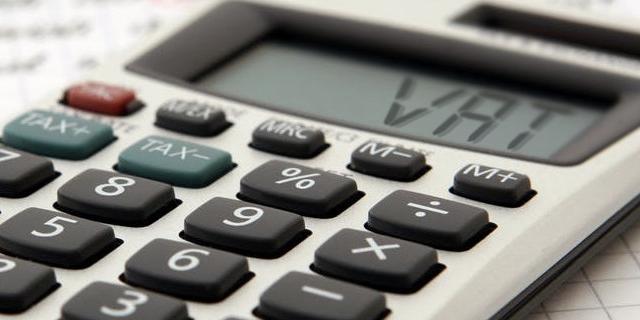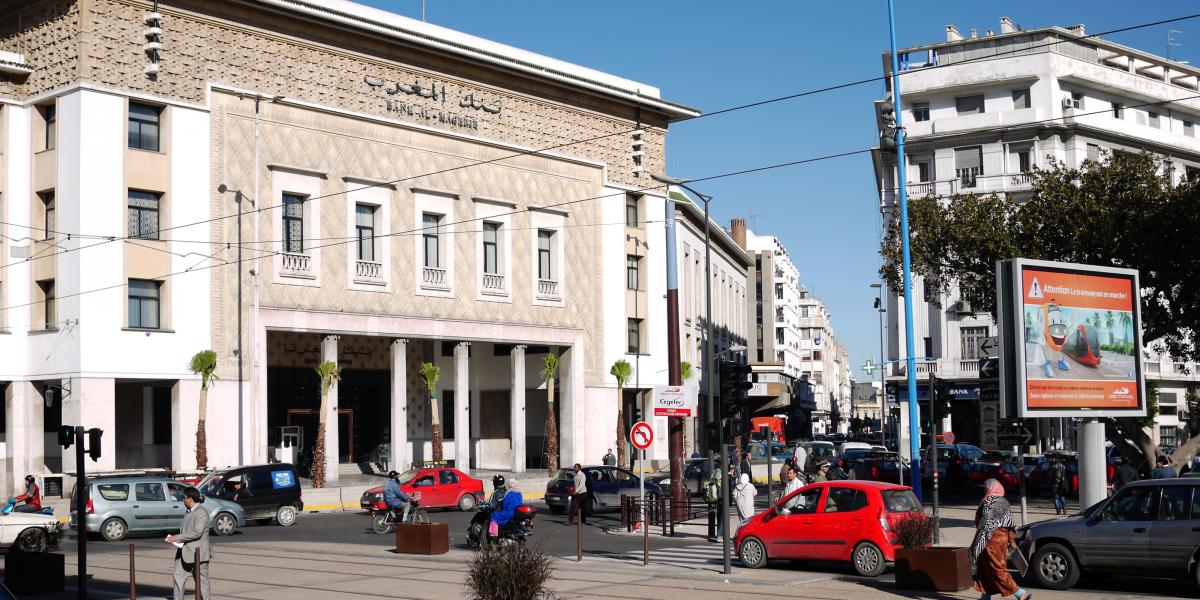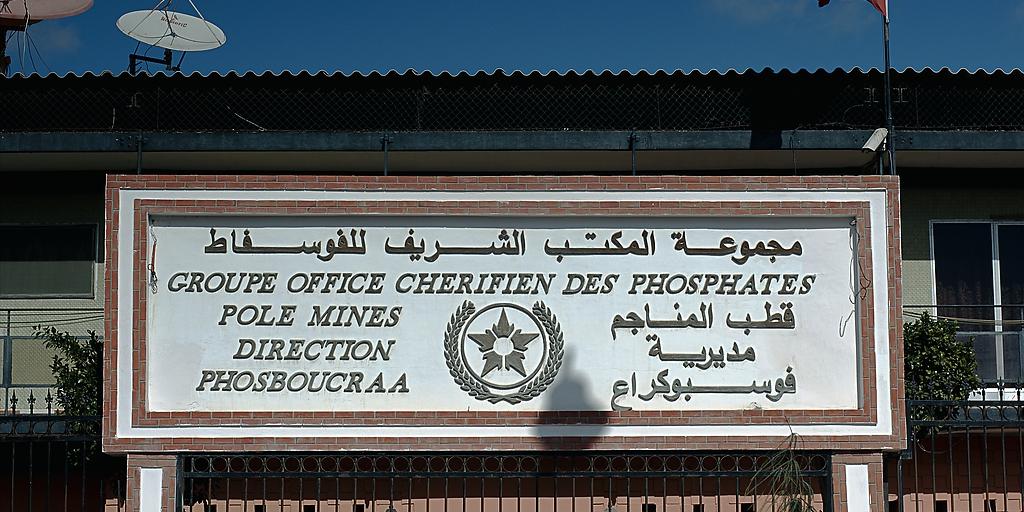South Africa could announce an ‘alternative’ VAT hike next week: experts
- 10 March 2022 / News / 490 / Fares RAHAHLIA

The road to a healthier and sustainable fiscus and economy should not be paved with increases in personal taxes or the current VAT rate, although both these eventualities remain on the horizon, says Bernard Sacks, a tax partner at Mazars in South Africa.
Speaking at a recent roundtable discussion, Sacks outlined what he expects from finance minister Enoch Godongwana when he presents his inaugural budget statement on 23 February.
Sacks said that he expects an alternative to a general VAT increase, by way of a special VAT rate which may be applied to a number of products that currently have a zero-rating.
Doing so, however, will impact an already high inflation rate both in South Africa and worldwide, and the finance minister will need to tread lightly around this issue, he said.
This echoes recent comments by AJM tax director Pieter Janse van Rensburg, who noted that VAT is the tax that will deliver the quickest windfall for the fiscus and could be used to help fund significant costs such as a basic income grant.
“What could work more seamlessly is to apply a cap on the current VAT rates for certain goods, together with flexible adjustments for other goods, like luxury goods, as and when required.
“We already have two VAT rates, so it is theoretically possible to have two-five different rates depending on the types of goods or services purchased,” he said.
Janse van Rensburg said South Africa does have ‘a little room’ to increase VAT if done in a measured and well-managed way. He pointed to other African countries such as Morocco which has a VAT rate of 20%.
According to the Medium-Term Budget Policy Statement Speech, Treasury is expected to record a budget deficit of 7.8% of GDP heading into 2022, with a gradual lowering of this prediction to 4.9% in 2024/25.
Tax revenue has exceeded expectations in the short term and is estimated to reach R1.5 trillion – an upward revision of R120.3 billion.
source: businesstech
 English
English
 français
français
 العربية
العربية







